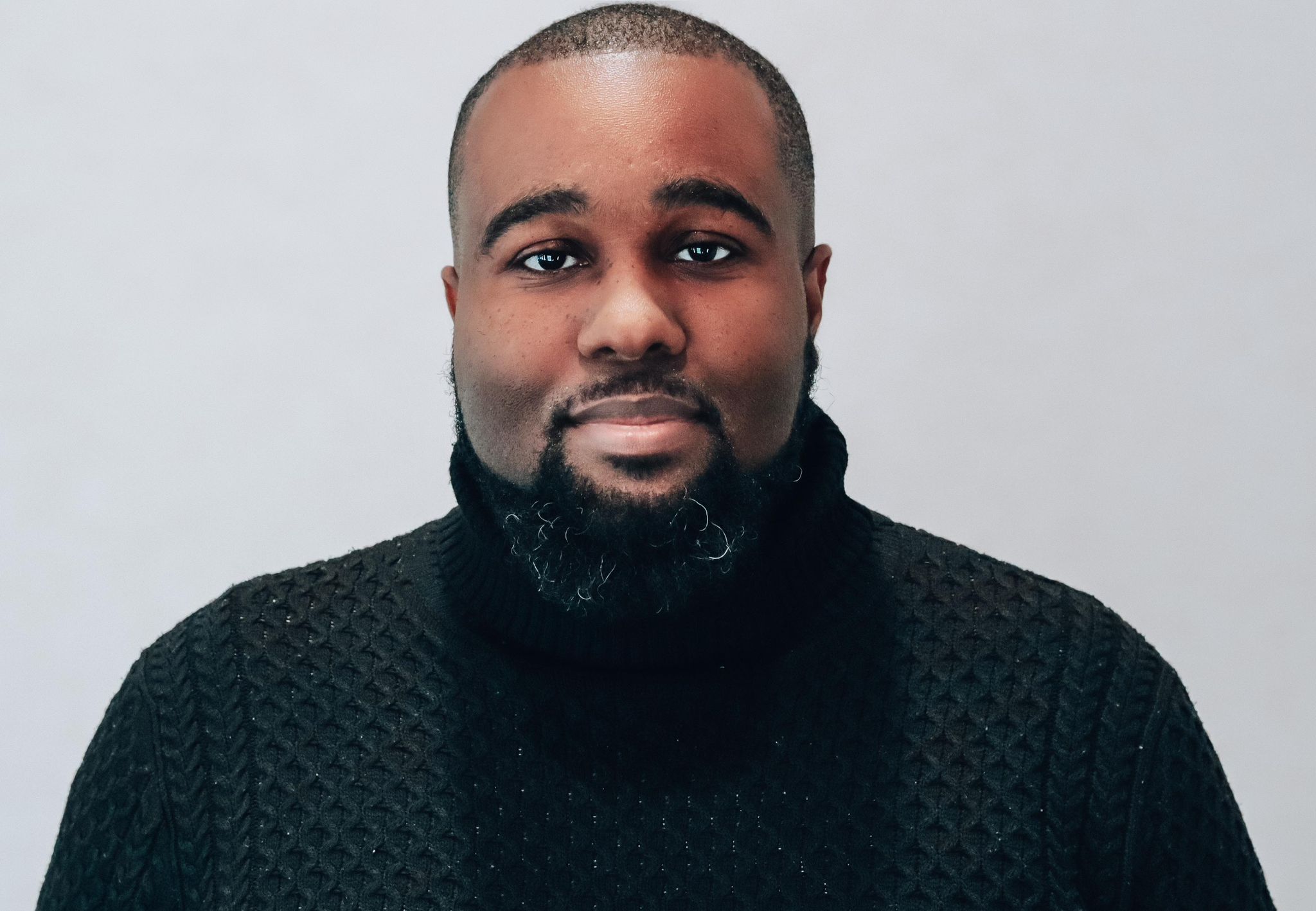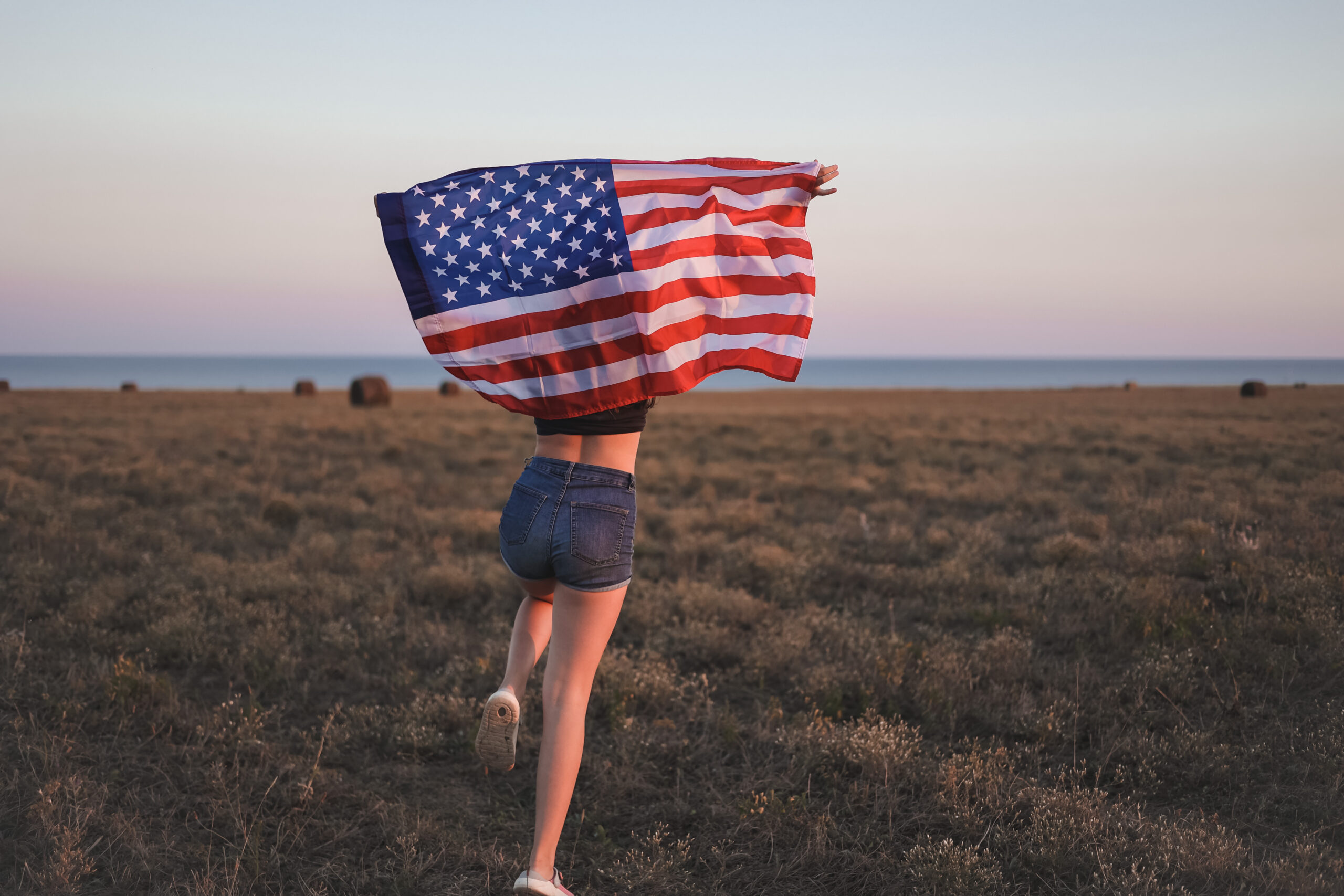By Adam B. Coleman
We can’t control what other people say about us or even how they portray us. Being misrepresented comes with the territory as far as being a human being. Somewhere out there, someone believes you’re something that you’re not, but you can’t fight every battle for the correction of your personal or group image.
With that said, I wonder at times if there are battles purposely being avoided or do people believe these situations aren’t battles at all?
Is there a desire for black women to defend their group image? Are black women okay with Hip-Hop defining their image? Are black women tired of Hip-Hop artists, male or female, misrepresenting them as being purchasable sexual objects, inherently promiscuous, and aggressive? Or is it that many black women don’t see this as a battle at all?
Recently, Meek Mill released his new album cover featuring animated images of naked black women in provocative positions, holding a stripper pole while being surrounded by dice and dollar bills. One image in particular shows a black woman bent over nude with a pink dot to represent her vagina.
Some may feel that this is “only an album cover.” I disagree with this sentiment. This album cover is part of a long tradition of degrading black women’s image through the gaze of “Hip-Hop Culture.”
There is nothing wrong with female sexuality and portraying women as sexual creatures because they are. The problem becomes when their sexuality is portrayed as their sole purpose for existing. We’ve all heard the phrase “sex sells.” However, the Hip-Hop industry has remixed it into “black sexuality sells.”
It’s not about displaying the beauty of a woman’s sexuality; it’s about peeling away the beauty of female sexuality until you’re left with the most superficial representation possible.
Black women’s sexuality from the Hip-Hop lens is nothing more than asses, breasts, and vaginas. It’s like how porn stripes away the love, bonding, and intimacy portion of sex to conclude that sex is nothing more than intercourse.
Let’s be honest, mainstream Hip-Hop is vocal porn and black women are their favorite items to objectify. Black women’s image is their favorite sex doll they can do whatever they want to it, and it never fights back. There’s no regard for how their actions may alter the perception of black women for people who aren’t black, leaving a stain in the mind of Hip-Hop enthusiasts as to the purpose of black women.
It’s easy to say men are the singular reason as to why this is happening, but that’s not true. Other black female artists have made millions portraying themselves as lyrical whores and they have no qualms about it. We also can’t pretend that, behind the scenes at record labels and music distribution companies, there aren’t women directly profiting off the portrayal of inherent black female debauchery.
For example, Meek Mill’s album cover didn’t just appear overnight, sight unseen. Anyone who has worked in corporate America knows they have a meeting about everything. I can guarantee men and women alike knew this was happening.
They also knew this would cause someone like me to have a negative reaction towards it. My point is this isn’t just a Meek Mill issue, this is an industry issue. The black woman’s image is simultaneously destroyable and sellable at a whim and it’s this way because there’s minimal pushback.
So, I ask again, are black women okay with Hip-Hop defining their image? Personally, I believe the answer for many is yes. They are okay with it not necessarily by their advocacy (although the album cover was created by a black woman, Nina Chanel Abney) but by their inaction and excuse making when situations like Meek Mill’s album cover arises.
I saw more outrage from black women and men when comedian & actress Monique suggested black women shouldn’t wear bonnets in public than towards anything a rapper has said about black women.
Black people have more of a desire to fight invisible systems than a visible industry, which literally profits from the destruction & misrepresentation of black people’s image, simply because the faces of the industry look like theirs.
Meek Mill’s record labels & distributors have no worry about this cover affecting their bottom line. Corporations are generally careful about making risky moves, but over-sexualizing black women is never a risky move in the Hip-Hop industry. Black men and women alike will shrug their shoulders and buy his album without hesitation. The people who tweeted about it once will forget about it next week. Meanwhile, nothing changes within the industry, and it’ll inevitably happen again.
In the end, Atlantic Records and Maybach Music are no different from Bang Bros and Vivid Entertainment. They have no problem paying someone to ejaculate all over black women’s image and record it for mass consumption.
Subscribe to get early access to podcasts, events, and more!





